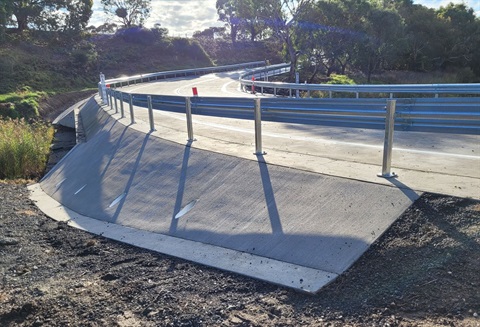Adam Cranston used his role in the $105 million Plutus Payroll tax fraud conspiracy to fund a lavish lifestyle of fast cars and aeroplanes, a jury has heard.
Crown prosecutor Paul McGuire SC said a number of accused had personally benefited by receiving money which should have gone to the tax office but was instead diverted into their own personal bank accounts.
Cranston created a “lavish lifestyle” using PAYG and GST amounts that were illegally withheld from the Australian Taxation Office between March 2014 and February 2014, the NSW Supreme Court jury has been told.
“Adam Cranston received substantial amounts of money derived from the fraud which were used for his own benefit to buy luxury items including fast cars, an aeroplane and properties,” Mr McGuire said.
Some of these assets were allegedly purchased in other people’s names to distance Cranston from the diverted funds.
One accused, solicitor Dev Menon allegedly used the offices of his Sydney law firm Clamenz Lawyers to try shielding conspiratorial conversations made there under lawyer-client privilege.
Menon actively promoted deception, including permitting funds from the fraudulent scheme to be moved in and out of his law firm’s trust account to give the appearance of legitimacy, Mr McGuire said.
The trust account was also used to create a “war chest” of funds that could be used by the co-conspirators to deal with any tax office investigation.
Menon also advised on what was called the “glitch” or the “Plutus cut” which involved varying amounts of money being diverted from the standard payroll processing services to the conspirators, Mr McGuire said.
The five accused – who also include Jason Onley, Patrick Willmott and Lauren Cranston – face one count of creating the Plutus Payroll scheme to defraud the ATO and another count of conspiring to use the funds received from this scheme as proceeds of crime.
The prosecution claims payments that should have been sent to the ATO were instead siphoned out through fraudulent invoices, fees charged by the co-conspirators’ companies and false bank statements.
The accused allegedly worked to hide the conspiracy by turning their mobile phones to airplane mode, using encrypted messaging apps, and falsifying or destroying documents.








